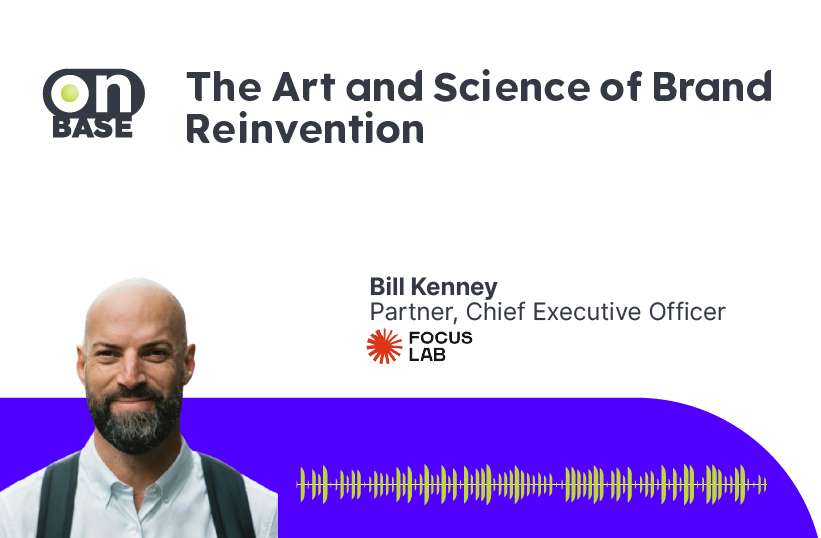Shownotes
How powerfully has AI affected the MarTech space, and how will businesses benefit from it? Today’s conversation features Vinod Kumar. Tune in to gather insights on how AI evolved remarkably and is being adopted by businesses in a wider fashion, moving closer to the business user. Listen closely as Vinod goes in-depth on what AI can do to help businesses grow and thrive in an ever-changing landscape.
About the Guest
Vinod Kumar is an e-commerce product leader working at the intersection of commerce and data for over a decade. He is currently a Principal Consultant at Diometric. Before this, he was the Head of Business Intelligence at Salesforce Commerce Cloud, where he builds products that deliver industry-leading benchmarks to customers and insights into internal functions. He’s also a small business owner who’s owned a coffee shop on the North Shore in MA, a business that’s not only navigated COVID successfully but is now expanding to new locations.
Key Takeaways
- AI is becoming more relevant in B2B and B2C spaces, as customers expect consumerized experiences across all contexts.
- AI can help automate tasks and answer questions for businesses, leading to increased efficiency. It can also identify changes in the business that need to be addressed, leading to more realistic goals.
- Analytics and AI can help provide a better, more informed view of what is happening in the business and a more nuanced qualified view of what might happen if things progress the way they are progressing.
Quote
“We’ve been so obsessed with new customer acquisition… Some organizations pawn off the notion that once you get the customer, that’s someone else’s problem to nurture those relationships, but that’s not true… Be the tip of the spear in nurturing that relationship and improving that relationship with the customer so that the organization can benefit.”
– Vinod Kumar
Highlights from the Episode
Can you explain a little bit about your current role and experience in AI and analytics within MarTech?
AI has been evolving in interesting ways over the past decade. In the past 5 years, it has become more active in the technological world. AI adoption is similar to the adoption of electricity back in the industrial age. AI is being adopted by technically savvy people, but it is also accessible for general developers, programmers, and those who are not necessarily part of the movement. The ethical aspects of AI are a separate issue. In the next 5 years, AI is expected to change how business processes are being executed and how businesses work fundamentally.
Do you see that using AI in B2C and B2B is highly relevant in our digital world?
AI is becoming increasingly relevant in both the B2C and B2B worlds, and it is changing the landscape of business. AI is helping to minimize the laborious nature of tasks such as inventory reordering, and this is benefiting businesses by freeing up time to focus on other tasks.
Tell me a little more about how AI has helped analytics.
AI has helped analytics by providing a way to surface relevant data and patterns that would otherwise be difficult to find. This has allowed businesses to be more agile and responsive to market changes. Also, AI has helped the analytics space by making targeting and building customer relationships easier. It has also helped to improve the understanding of customers and make it easier to nurture them post-funnel.
With AI and analytics, tell us how businesses can help identify and reduce churn in the customer base.
By understanding what happened in the past and what might happen in the future, businesses can better tailor their strategies to keep customers happy and reduce the risk of them leaving. However, there are still risks associated with using AI, as the technology is not yet mature enough to account for all potential circumstances.
Is there a book, blog, newsletter, website, or video that you would recommend to our listeners?

Sunny Side Up
B2B podcast for, Smarter GTM™




